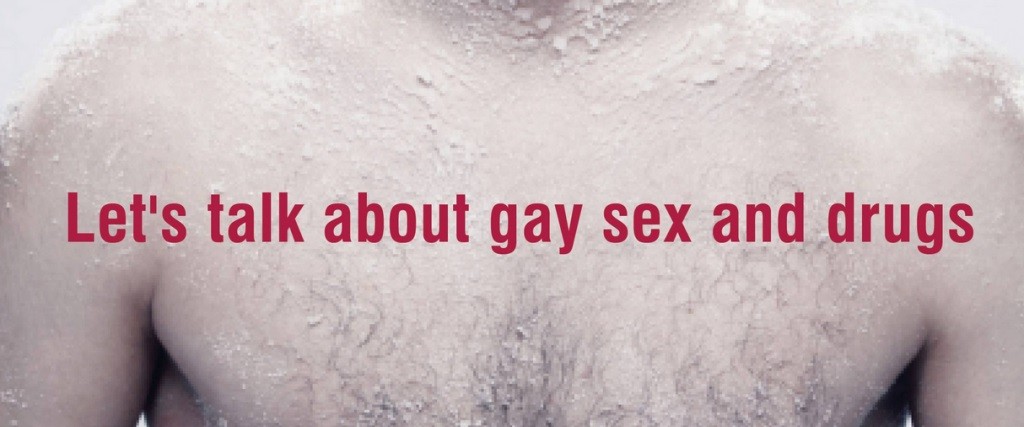Does teenage love affect our relationships in later life?

I fell in love as a teenager. I didn’t find him sexually attractive at first, until one maths lesson when he leant in so close to me I couldn’t concentrate on anything but the heat emanating from his body. I looked into his green eyes, intimately near to my own, and I felt the overwhelming desire to kiss him.
Of course, I didn’t. But over the following months we naturally began to spend more time together. He’d search me out in the school and I’d always smile when I saw him. We were physically at ease with each other’s bodies, in a way that other boys were learning not to be. Around him, I felt quite happy and safe.
I was certain he found me attractive, a feeling bolstered by our shared moments of intimacy: his wrist lain upon my upturned wrist; his leg casually resting on my thigh. I fantasised about him finding me when the rest of the school were in lessons, holding my arms above my head, and kissing me against the lockers. But I was too scared to make the first move.
He began to dominate my thoughts. I remember sitting in the back of my parents’ car after school one evening, when I asked myself: why am I thinking about him all the time?
The answer came back that I was in love.
Coming to terms with my burgeoning sexuality was entirely secondary to this infatuation. Looking back with the hindsight of adult cynicism, I had chosen a rock to cling to as my queerness swirled me ever further from the shores of my Catholic family and heavily patriarchal school. I self-blinded to the signs that, for all his sexy homoeroticism, he was into girls.
After I left school he finally faded, but the strange phenomenon to my adult mind is that I didn’t begin beating the psychology of that adolescent situation until much later. Because I didn’t deal with my wider sexuality, and told myself if only his arm was around me at night the world would be alright, I had to begin accepting myself in my early 20s, years after I’d actually come out.
It also severely warped my approach to love. I willfully sabotaged relationships with wonderful people, like the French boy who should have been the love of my life, by being uncaring and running from their intimacy – whilst with boys I barely knew, I would find myself obsessed. As long as they had a reason to keep me at arm’s length, from struggling with their sexuality to cheating on their relationship, they were infinitely desirable.

It took me a long time to admit this wasn’t the throes of romantic passion, and instead a complex I was transferring from object to object. I lusted after this mirage of intimate ‘love’ every day. For years I sought solace from this uneasy collide of volcanic plates in casual sex and the party scene.
The hedonism was fun, but never gave me what I wanted.
“Many men that we see are seeking love and intimacy,” say sexual health psychologists Dr Caroline Coffey and Dr Mirjana Jovanovic at Chelsea and Westminster Hospital. “We hear about men trying to make connections and seek closeness through sexual contacts which can involve ChemSex practices.
“One of the patterns that we have observed is the link between feelings of low self-esteem dating back to earlier experiences of rejection (when discovering sexuality) and seeking validation from others through sexual contact.”
Through no fault of that boy’s, I mistakenly made myself deeply unhappy in adolescence, to the point of my darkest thoughts.
By not allowing myself to love meaningfully in later life my brain may have been protecting me from re-experiencing that pain. It takes great effort to overcome that safety mechanism: a relationship can seem like strapping your soul into a S&M sling and saying “hit me anywhere.”
But now if it doesn’t work out with a boyfriend, I think at least we made each other’s lives a little richer, for a time.
One of the shames there is not more intergenerational friendship on the scene means us young(er) guys can’t learn from the shared experience of those who’ve gone before. In the midst of my messiest period, when I was going home with a different guy each weekend, stumbling out of clubs searching for a chillout and a sense of belonging, I interviewed the artist Andrew Logan. Some of his words about the relationship he’s been in since 1972 have stuck with me.
“You have to work for it. In any relationship, whatever the relationship is, you really have to work.”
And that, perhaps, will always be the secret of love.
‘Let’s Talk About Gay Sex & Drugs – Love’ is at Ku Klub, 30 Lisle Street, WC2H 7BA on Thursday, February 11 from 6.30pm. Free entry and all welcome, whether to speak or just listen.
Words: Patrick Cash
Featured speakers on the night include:
The cast of 5 Guys Chillin’
The cast will perform an excerpt from the much-lauded verbatim chemsex play, which is to shortly commence another run at the King’s Head Theatre.

Ben Buratta
Theatre director of Outbox Theatre speaks about what he found out about love, sex an drugs when interviewing guys for his recent LGBT play Hookup.

Ted Rogers
East End man about town Ted delivers some of his exhilarating modern poetry, touching upon love, sex and the London club scene.

Lasana Shabazz
Performance artist and writer Lasana Shabazz delivers a stunning act on romance.

More stories:
Linda Perry criticises Lady Gaga Oscar nomination, claims she only wrote one line of song
Watch | YouTube star Calum McSwiggan apologises for bareback porn past
